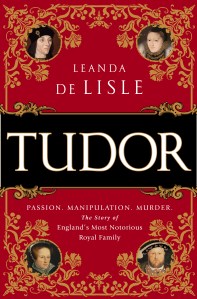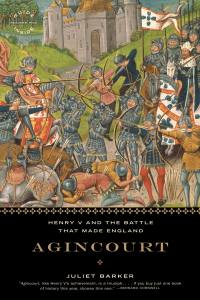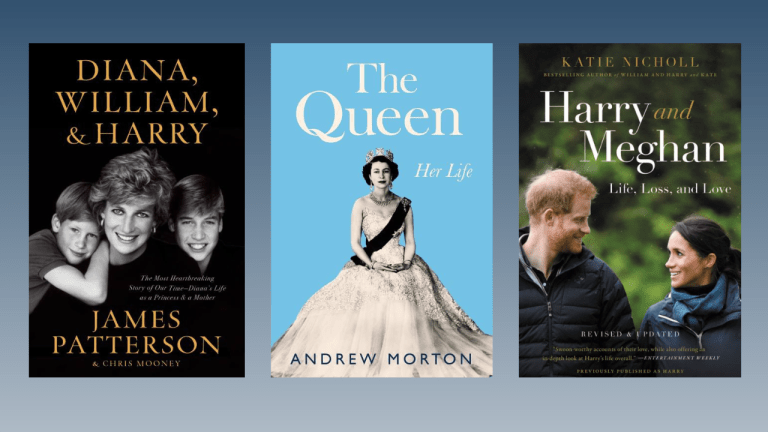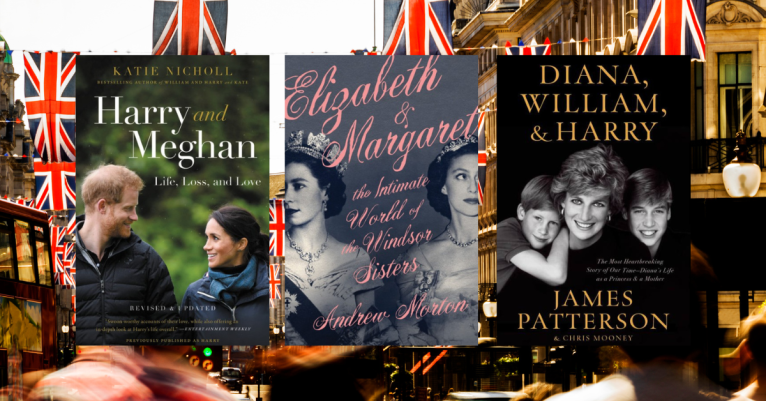8 Fascinating Books About the History of the Tudors
The history of the English royal House of Tudor has fascinated British history fans for centuries. Truly, this historical family has everything a drama-loving history buff could ask for: affairs, wars, political intrigue, religious disputes, deaths, betrayals. There’s a reason Henry VIII and his eight wives made for a compelling Showtime television show. And there are many best-selling historical fiction novels about the House of Tudor. The history of the Tudors and British life surrounding them wouldn’t have been great to live through, but it’s fun to hear about. The best part of all? The historical truth is just as interesting, if not more so, than the fictional accounts. But you don’t have to take my word for it. Check out these 8 fascinating non-fiction books about the history of the Tudors.
Leanda de Lisle's Tudor: Passion. Manipulation. Murder. takes a deep dive into Tudor history, proving that however fascinating you thought the Tudor family was, there's even more to their story than you knew. While most books about the Tudors typically start with the Battle of Bosworth in 1485, de Lisle looks back at the family's Welsh origins and all of the history leading up to Henry VIII and the reformation that is often left out. All the religious and political intrigue that you would expect from a Tudor narrative is still here, but de Lisle's major focus is the family's long history of ambition.
If what interests you most about the Tudor legacy are the wars that shaped history, then Juliet Barker's Agincourt: Henry V and the Battle That Made England will captivate you. British historian Barker draws from a wide range of sources to recreate the October 1415 battle on the page. English archers were greatly outnumbered by heavily-armored French knights. And yet the English won, defying all odds. How did they succeed? Barker breaks it down with all of the suspense, intrigue, and dramatic flair of an excellent storyteller.
Liza Picard's book was a thorough and fascinating breakdown of everyday life in London, and Adrian Tinniswood's book Behind the Throne offers up the same kind of treatment for English royal life. In this book, Tinniswood breaks down the inner workings of a British Royal household, getting into how the system worked. She also looks at the gossip and feuds that one would expect to erupt within a large group of people working and living together in close proximity. This book is a fascinating look at the daily life of a royal.
What to Read Next






